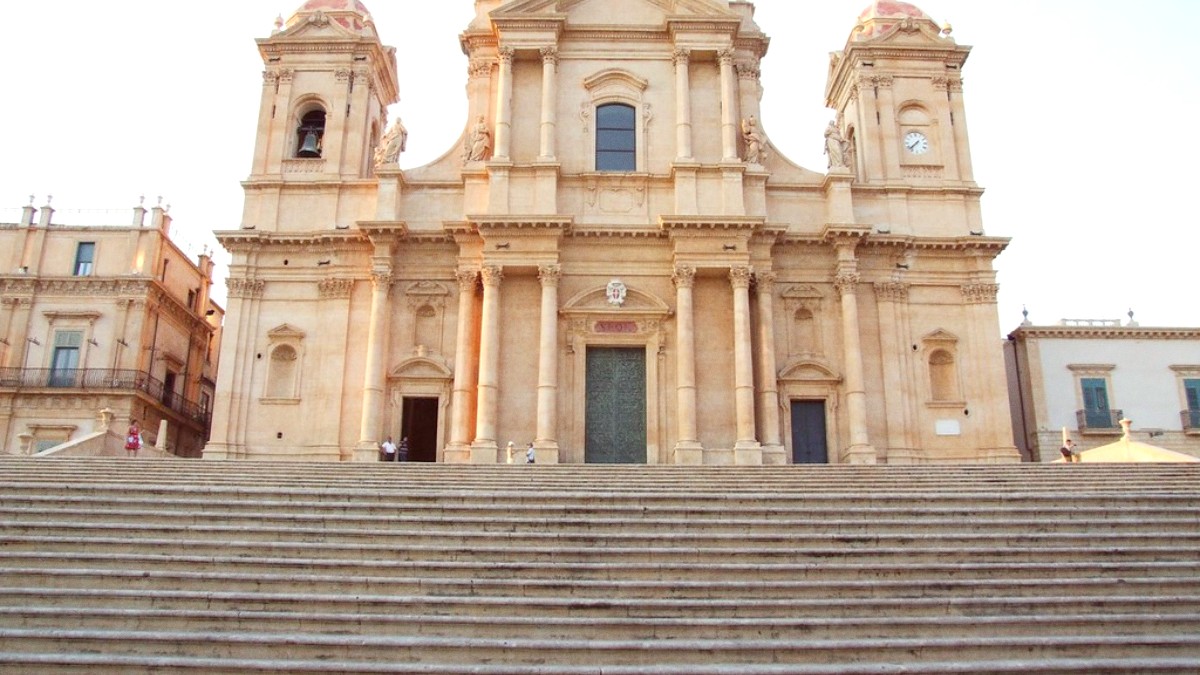
Sicily, Italy
Support Vendicari Nature Reserve by adhering to park rules. Stay on marked trails, do not disturb wildlife, do not litter, and respect any access restrictions. Its mission includes bird conservation and coastal ecosystem protection.
Italy has varying recycling practices; Noto typically provides separate bins. Follow local sorting rules. Minimize single-use plastics: carry a Reusable water bottle and Reusable shopping bags.
Sicily experiences water scarcity; be mindful of your usage. Take shorter showers and turn off taps. Consider offsetting flight emissions through reputable carbon offset programs, like Terrapass.
Respectful interactions enrich your travel experience.
Noto's UNESCO World Heritage status highlights its cultural importance. Support local initiatives that maintain its Baroque heritage.
Avoid intrusive photography. Be discreet with your camera in sensitive areas. When visiting churches, be quiet and respectful.
Prioritize buying souvenirs from local artisans and producers. Look for "Made in Sicily" or "Fatto a mano" (handmade) labels.
Be aware of any activities that might exploit local communities or animals. This is generally not a significant issue in Noto's tourism.
Look for accommodations promoting sustainable practices such as using solar panels, implementing water-saving measures, or sourcing local food. Ecobnb lists options.
Inquire about tour operators focusing on low-impact activities and prioritizing environmental protection. G Adventures is an example of an ethical tour operator.
Your travel choices have a direct economic impact on the local community. Make choices that benefit Noto's residents.
Prioritize local artisans and producers. Dine at family-run trattorias and pizzerias. Purchase groceries from local markets and small shops.
Support local B&Bs and small guesthouses. These are often locally owned and directly benefit the community through local staff and products.
Look for "Fatto a mano" (handmade) labels. Buy directly from local olive oil producers, wineries, or almond farms.
Be aware of any activities that might exploit local communities or animals. This is generally not a significant issue in Noto's tourism, but awareness helps.
Your financial choices can directly foster positive economic impacts in Noto.
Choosing local trattorias means your money stays within the community, supporting families and local ingredient suppliers.
Embracing sustainable practices during your journey minimizes impact and fosters a positive relationship with the environment and community.
Choose environmentally friendly modes of transport where possible to reduce your carbon footprint while exploring Noto and its surroundings.
Observe wildlife from a distance and avoid disturbing natural habitats, especially within protected areas like Vendicari Nature Reserve.
Actively participate in waste reduction efforts and proper disposal practices to help maintain Noto's cleanliness and environmental health.
Beyond personal actions, informing yourself and inspiring others amplifies the positive impact of responsible travel.
Gain a appreciation for Noto by learning about its local traditions, history, and customs.
Share your positive and responsible travel experiences with friends and family to encourage similar practices.
Consider contributing to local environmental or social projects that support Noto's long-term sustainability.
Adhere to all local regulations, especially concerning protected areas and natural sites.
Your commitment to sustainable and responsible travel leaves a positive legacy on Noto's environment and community, enhancing its charm for generations.